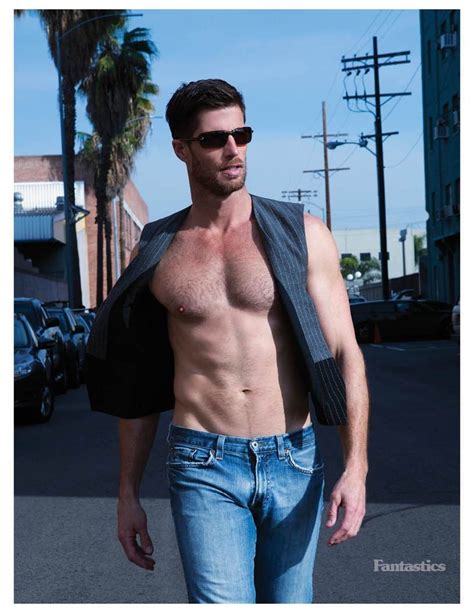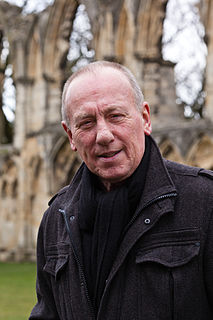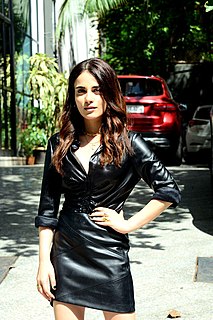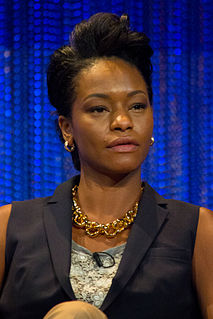A Quote by Meghan O'Rourke
One word I had throughout the first year and a half of my mother's death was 'unmoored.' I felt that I had no anchor, that I had no home in the world.
Related Quotes
[After my mother died, I had a feeling that was] not unlike the homesickness that always filled me for the first few days when I went to stay at my grandparents'' house, and even, I was stunned to discover, during the first few months of my freshman year at college. It was not really the home my mother had made that I yearned for. But I was sick in my soul for that greater meaning of home that we understand most purely when we are children, when it is a metaphor for all possible feelings of security, of safety, of what is predictable, gentle, and good in life.
For the first time in a long time I thought about Maman. I felt as if I understood why at the end of her life she had taken a 'fiancé,' why she had played at beginning again. Even there, in that home where lives were fading out, evening was a kind of wistful respite. So close to death, Maman must have felt free then and ready to live it all again. Nobody, nobody had the right to cry over her. And I felt ready to live it all again too.
At the time I discovered that I had prostate cancer, it was not long after my first wife had died, so my children had lost their mum. I felt that to tell them that I had prostate cancer, while I knew that I had it and there was a threat of some sort, I felt that it would be wise not to make things worse for them.
I was a child of the women's movement. Everything I had learned was from my mother and my grandmother, who both had a very pioneering spirit. They had to, because they had to change flat tires and paint the house - because, you know, the men didn't come home from the war or whatever else, so women had to do these things.
Long after her death I felt her thoughts floating through mine. Long before we met we had had the same dreams. We compared notes. We found strange affinities. The same June of the same year (1919) a stray canary had fluttered into her house and mine, in two widely separated countries. Oh, Lolita, had you love me thus!
A life without pain: it was the very thing I had dreamed of for years, but now that I had it, I couldn’t find a place for myself within it. A clear gap separated me from it, and this caused me great confusion. I felt as if I were not anchored to this world - this world that I had hated so passionately until then; this world that I had continued to revile for its unfairness and injustice; this world where at least I knew who I was. Now the world ceased to be the world, and I had ceased to be me.
'Hiraeth' means homesickness to a home to which you cannot return: the grief of the lost places of your past. I fell in love with the word and instantly connected to it. It reminded me of the days when I had left my home in Gwalior, and I had that strange pull in my stomach, and now I can so relate to this word.
The tent in which she first met him had smelled of blood, of the death she did not understand, and still she had thought of it all as a game. She had promised him the world. His flesh in the flesh of his enemies. And much too late had she realized what he had sown in her. Love. Worst of all poisons.
If you look at the beginning of this country, when the pilgrims came to this country, the first year they had a communistic experiment. They said, 'OK, we're going to take the land, we're going to work the land together and share in the fruits of our labor.' They almost starved to death. Almost half of them died that first year.







































